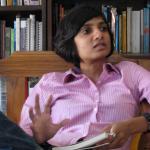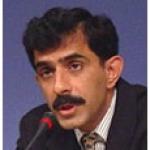The Road Transport Energy Challenge in India

The rapid growth in motor vehicle ownership and activity in India – motor vehicle numbers have doubled every six or so years from 1980 to 2004 – has provided mobility to millions, and contributed to employment and the economy. This trend is, however, causing a wide range of adverse impacts. Perhaps the most serious of these impacts, in health and welfare terms, result from road traffic accidents.










